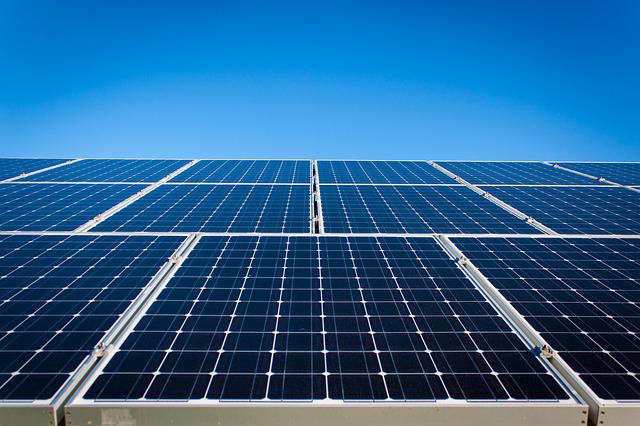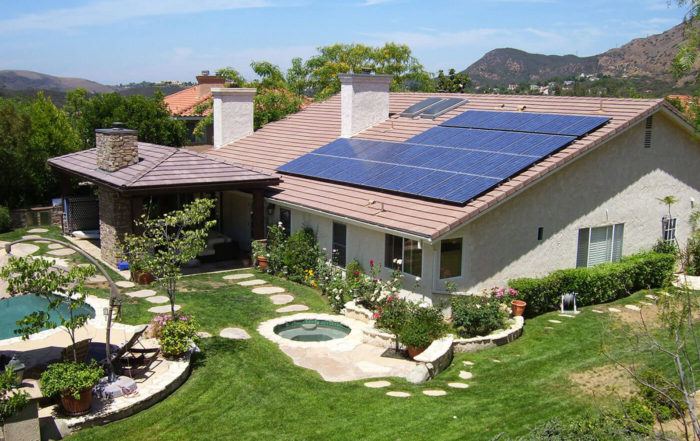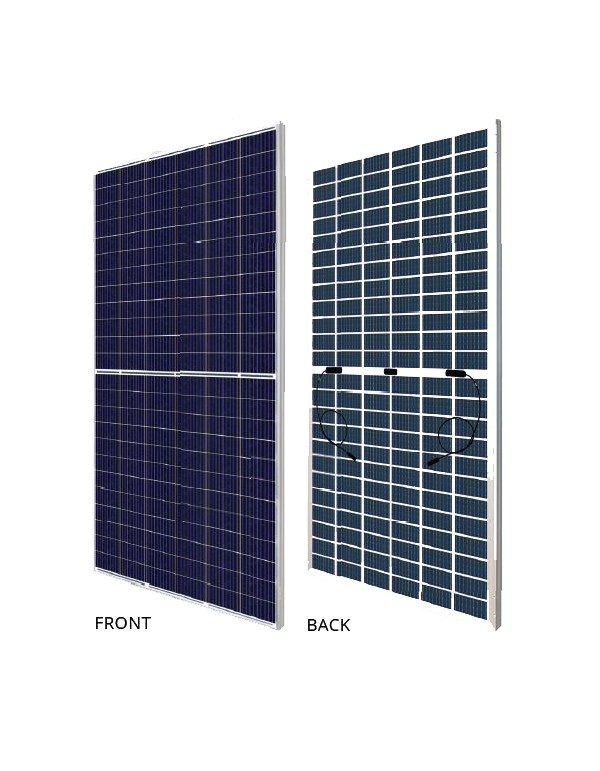
A sustainable energy definition refers to a method of providing and using energy that meets current needs while minimizing the impact on the environment. It considers economic, social and environmental factors. In simple terms, sustainable energy means energy that can be used to meet our own needs and not harm future generations. Additionally, sustainable energy must be economically feasible and environmentally safe. This definition is a very broad one, and there are many different definitions.
Sustainable energy refers to energy supply and use that minimizes environmental harm
Sustainable energy is a form of energy that is produced and used to meet current demands without harming the environment. This type of energy is both free and renewable and comes from sources that are not harmful to the environment. Most renewable sources of energy are considered to be sustainable, and all of them are abundant and available in abundance.
Sustainable energy sources include solar, wind, water, and geothermal energy. They can be replenished in a person's lifetime and don't cause long-term environmental damage. Geothermal energy and advanced polymer compounds are two examples of alternative energy sources that can be used to sustain the environment.

It also includes considerations for environmental aspects
Energy sustainability also includes environmental considerations that may impact the production or use of energy. To reduce energy consumption and carbon emissions, it is possible to reduce material inputs. A key consideration is resource efficiency. It is predicted that the global consumption for primary materials will increase by two-thirds by 2050. Renewable energy sources can help reduce demand and protect the environment.
Sustainability in energy also includes considerations of economic and social aspects. In general, renewable resources are more environmentally friendly that fossil fuels. But there are instances when renewable energy projects have very serious environmental consequences. It is also important to determine whether a technology can be adopted in a community. This can impact its benefits and costs.
It encompasses both social and economic aspects.
Energy sustainability is multifaceted and encompasses both economic and social aspects. All three elements work together to create a more sustainable future. A sustainable supply of energy is vital for society's survival.
Both the economic and social aspects of energy sustainability are interconnected to increase efficiency and decrease pollution. Together, they encourage renewable energy, green technologies, as well other ways to reduce our energy consumption. They promote global stewardship of natural resource and environmental justice.

It's economically feasible
There are many technologies that can improve the energy sustainability of buildings. These include passive technologies and the use renewable energy resources. These measures will be successful if they are influenced by culture, lifestyle, as well as behavior. District energy systems can be used to improve energy sustainability and energy efficiency in buildings. These systems can be used to generate electricity from both renewable and conventional resources and cover large areas.
The basic need for human existence is energy. It's used in a variety of ways, including lighting, heating, cooling and transportation. These services include the entire lifecycle of energy, from obtaining and converting energy sources to transporting, storing, and transporting them. These services are essential for maintaining a decent standard in life and supporting societal growth.